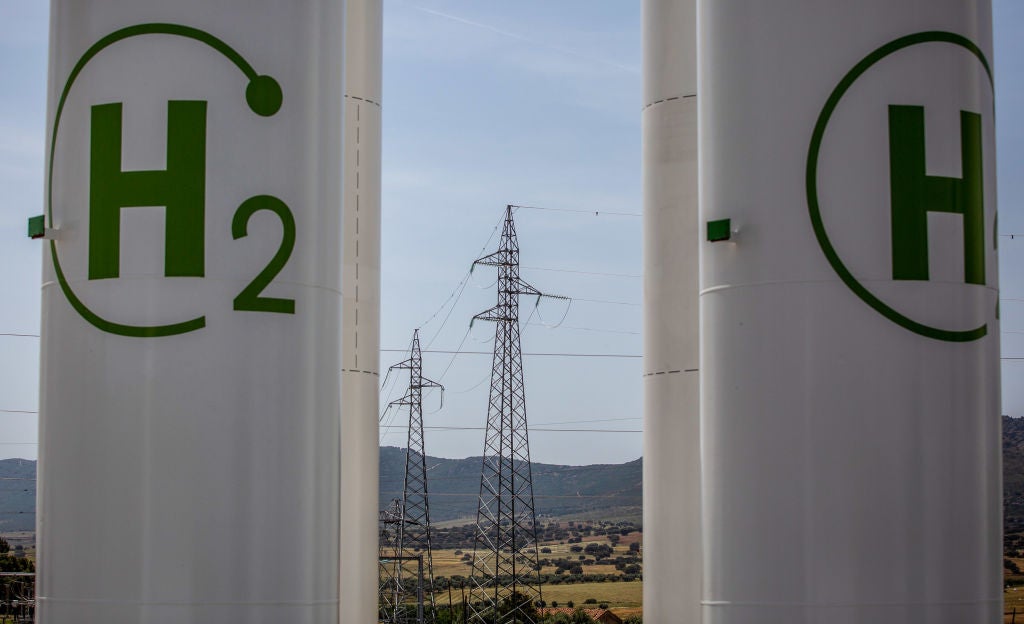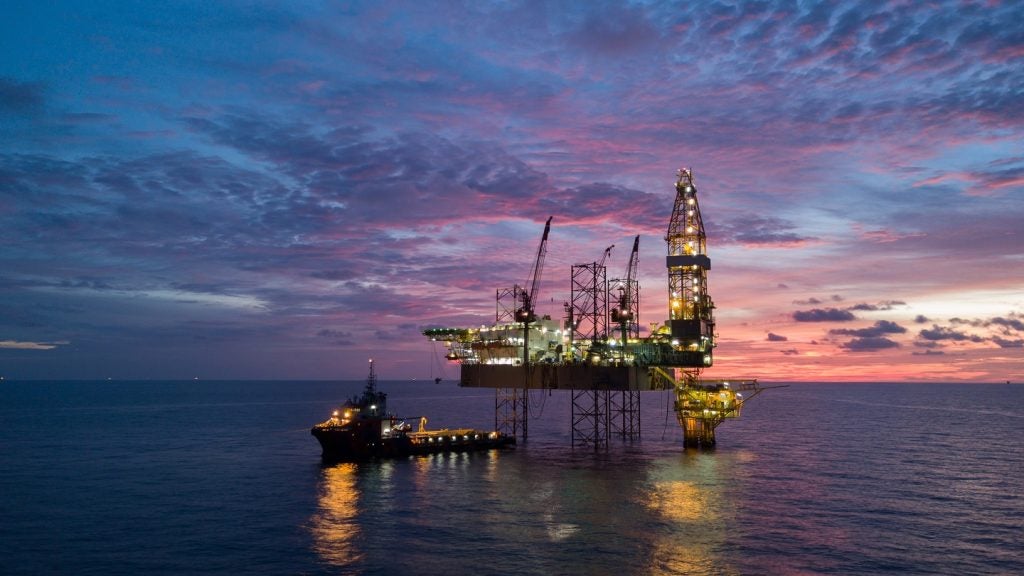Widescale adoption of hydrogen in Europe and the US will cost more than $1trn combined, Mitsubishi Heavy Industries executive vice-president Emmanouil Kakaras told reporters on Monday.
The comments came during an interview on the sidelines of the CERAWeek international oil and gas conference in Houston, US.
Kakaras added that a successful commercial move to hydrogen, which would require a significant ramping up of necessary infrastructure, will only be possible if new demand emerges. This new demand will only occur after sufficient investments from European and US governments in infrastructure needed to make, store and transport the fuel alternative have been secured.
"If you count the funding to bridge the gap, you will easily get to $1trn," Kakaras said. European governments have cumulatively committed $750bn to the adoption of energy transition technologies already, with the EU pledging billions this year to hydrogen specifically. Combined with potential subsidies offered by the US through President Joe Biden’s Inflation Reduction Act (IRA), there might be enough funding pledged to make this happen, he said.
Oil major Saudia Aramco's CEO, Amin Nasser, disagreed with this sentiment, suggesting that the world would be better off aiming to reduce emissions from the oil and gas sector than shift to entirely new sources of energy altogether. This theory goes against all recommendations on how to limit global warming from climate and energy bodies, including the UN and the International Energy Agency.
"The current transition strategy is visibly failing on most fronts," said Nasser. "Despite its significant long-term potential, hydrogen still costs in the range of $200–400 per barrel of oil equivalent, while oil and gas remain much cheaper."
However, were fossil fuel alternatives to secure the investment necessary to support global commercialisation, costs would naturally fall.
Kakaras said new infrastructure for the use of hydrogen in Europe will spur wider adoption by 2035, and if combined with carbon capture and storage in the US to offset greenhouse gas emissions, net zero in the two regions might be possible.















